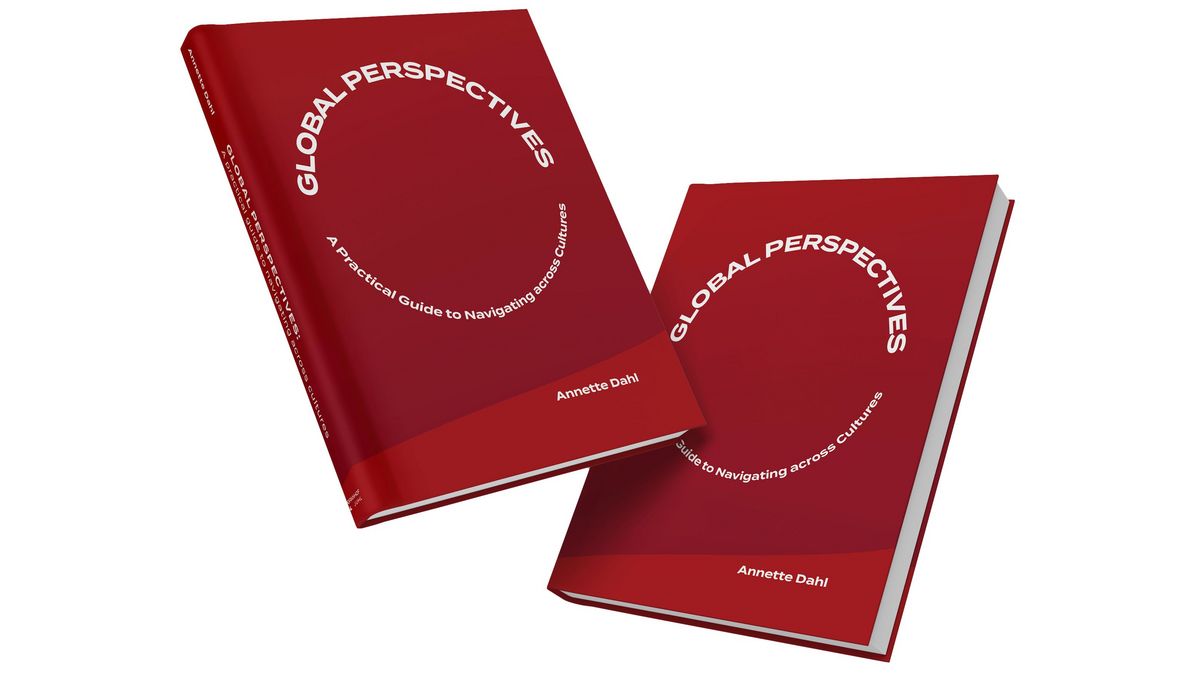
7 Tips on How to Best Communicate with your Japanese Business Relations
We have asked our Japan Country Specialist, Ethan Weisgard, for his answers to the 7 most frequently asked questions, which we get in our Japanese culture training sessions. Ethan has more than 30 years of experience with Japan giving him unique insight into Japanese culture, communication and collaboration.
1) When cooperating with the Japanese, which cultural differences should I be most aware of?
One of the most basic differences between Danish and Japanese culture is our level of straightforwardness. In Denmark, people are more straightforward and direct in their communication. In Japan, however, it is a virtue to be more discrete and sensitive towards one’s surroundings. This is often a cultural clash point between Danish and Japanese culture.
2) How do I communicate most efficiently with my Japanese business partners?
Normally, it is common sense for us Danes to try and be as efficient as possible in order to get things done, and we therefore move forward very quickly. However in Japan, there is a lot of emphasis placed on relationships.
Unless your Japanese counterpart is accustomed to the Danish way of working, it is not possible to be efficient from the beginning. The best way to attain an efficient collaboration is to first create a personal relationship with your Japanese colleagues or business partners.
Building trust is essential, as the Japanese do not want to do business with people they do not trust. They want to get to know us, our families, what we like to do and so on. This can be done through having dinners together or other informal activities. When your personal relationship is growing, then you can start to take care of your more practical, business-oriented goals.
This way of communicating is not limited to Japanese relationships with us, but it is a part of Japanese business relationships with other Japanese as well. Companies start working together on the basis of existing relationships or recommendations through networks.
Although this process may be considered slow and inefficient from a Danish perspective, it is the best way to assure that communication will be efficient going forward.
3) Are there any rules that are important for me to know, before I attend a business meeting in Japan?
There are many rules that are good to know. The most important thing to know may be that meetings in Japan are not meetings as we know them in Denmark. In Japan, meetings are not used for making decisions. Normally in Japan, people discuss issues in small groups, where they seek to reach consensus on the best decision. When they have reached consensus, the group then goes to their superior and present their results. After consensus is reached, the meeting is then used to confirm that the personal relationships are good and that everyone agrees.
In Japan, it is important to understand these working procedures and processes, and you need to be aware of what the meetings, you attend, are really about.
In addition to these procedures, there are also protocols on how to act from the moment you step into a building in Japan. Everything is hierarchical, even the way people are seated, who gets the first serving and who drinks the first sip of coffee etc. It is not possible to know every rule, but it is important to be aware that rules exist. The best practice is to use your sense of situation and wait and see who does what.
4) Does ‘yes’ really mean ‘yes’ or how do I know if we have reached an agreement?
There has been written many books on the topic of the Japanese not using the phrase ‘no’.
Again, it comes down to a sense of propriety. There is a common term in Japan, which says that a person can be unable to “read the air”. It is about reading the social situation and sense what is really meant in a given situation. It goes back to the age of the Samurai. Back then, a person could say that they were your friend, but if they pulled their sword, you would know how they really felt.
The Japanese operate with concepts called honne and tatemae, which is about the discrepancies between a person’s behaviour and their true feelings. This means that the Japanese are often obliged to say one thing in the public sphere, because they are expected to, even if it is not what they truly mean.
For foreigners then, it is important to know when the time is right to discuss what lies beneath a Japanese person’s words, and thereby not cause anyone to lose face. The social space is the place to get closer to each other and build relationships, where you can talk about subjects that are not suitable in more formal situations. Through the building of relationships, you will learn to sense when Japanese people say yes, because they are expected to.
5) What rules or conventions apply, when I communicate through e-mail?
One of the things that is important to understand about Japan is that everything is done more politely. Danish people are very relaxed, very direct and straightforward in their communication, both in private and business situations. But in many other countries, including Japan, this is not the best way forward:
When phrasing an e-mail to a Japanese person, it is necessary to be very polite and not as direct, as we are accustomed to. Start by asking about how the person, you are writing to, is doing, their kids, the weather and so on. After this, you can continue to the point of why you are writing. Remember to also end your e-mail with something personal.
Again, the essence of this is that you constantly need to try and grow your relationship with your Japanese counterparts, as this will foster the straightforwardness of you and your Japanese counterpart’s communication. The better you know each other, the better and faster you can get to the point, but you can never exclude the politeness in your communication.
There are many additional rules, but if you keep this in mind, you will get a long way.
6) Sometimes my Japanese colleagues are rude towards me? Why is that?
You cannot lump all Japanese people together, but generally speaking, there are three main reasons to why your Japanese colleague is rude to you:
First of all, what we in Denmark (or the West in general) consider rude may not be considered rude in Japan. For instance, personal questions like “how old are you?” or “how much do you weigh” are not considered rude in Japan, but for many of us Danes, it crosses the lines of what we are comfortable with.
Second, because of our straightforward nature, we may act in a way that is considered impolite by the Japanese, and the Japanese may act rude in return. The Japanese react according to their values and virtues, as do we, when we appraise whether the Japanese are acting rude or not.
The third option to why your Japanese colleague is not being polite may simply be due to the fact that he or she is a rude person. However, in most cases, the Japanese values are so deeply ingrained that they stick to them.
7) How do the Japanese perceive the Danish people?
Like the Japanese, all Danish people are different, and the Japanese may not know the Danish people that well, looking aside from LEGO, H.C. Andersen and Ecco shoes. It depends on who they have met.
If a Japanese person has met a Dane, who is very direct and straightforward, the Japanese may find it funny, but it can also be a cultural clashing point. The Japanese have certain virtues, and as mentioned earlier, a sense of situation is essential, when they communicate with other cultures and with each other.
Want to know more?
- Read about our country-specific cultural training programmes and workshops.
- Contact us for a chat about how we can address your cultural training needs.
- Read more about C3’s approach to culture and cultural differences.
- Want more inspiration? Follow us on LinkedIn or sign up for our newsletter using the form below.

